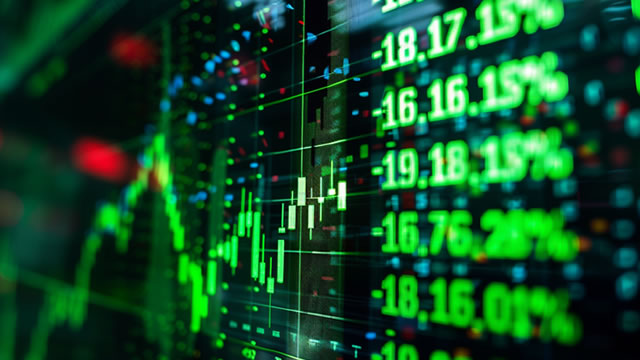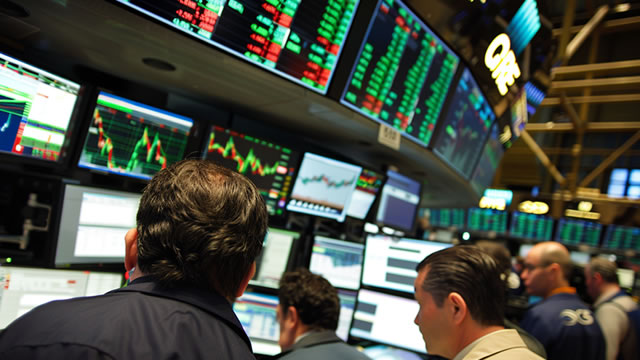Bear Market: A New Reality for the S&P 500
Last week, the financial world was hit with a jolt as the S&P 500 dipped below the 20% threshold, briefly entering bear market territory. This significant downturn comes after a record-breaking bull run that started in March 2020.
What is a Bear Market?
A bear market is a market condition in which stock prices are declining. The term “bear” refers to the pessimistic outlook that investors have during such market conditions. The standard definition of a bear market is a decline of 20% or more from recent highs.
Impact on Individual Investors
For individual investors, a bear market can be a nerve-wracking experience. The value of their investments may decrease, and they may feel compelled to sell their stocks to minimize their losses. However, it’s essential to remember that bear markets are a natural part of the investment cycle and that history shows that the market eventually recovers.
- Consider your investment horizon: Short-term investors may be more adversely affected by a bear market than long-term investors.
- Diversify your portfolio: A well-diversified portfolio can help mitigate the impact of a bear market.
- Resist the urge to panic sell: Historically, the market has recovered from bear markets.
Impact on the World
The bear market’s impact extends beyond individual investors. Economically, a bear market can lead to decreased consumer confidence and spending, which can in turn lead to a slowdown in economic growth. Additionally, companies may see their stock prices drop, making it more difficult for them to raise capital.
- Decreased consumer confidence: A bear market can lead to decreased consumer confidence, which can lead to reduced spending.
- Slowdown in economic growth: A bear market can lead to a slowdown in economic growth, as companies may see their stock prices drop, making it more difficult for them to raise capital.
- Increased volatility: A bear market can lead to increased volatility in the financial markets, which can have ripple effects throughout the economy.
Conclusion
The recent dip into bear market territory for the S&P 500 is a reminder that the stock market is subject to fluctuations. While it can be a nerve-wracking experience for individual investors, it’s important to remember that bear markets are a natural part of the investment cycle. By maintaining a long-term perspective, diversifying your portfolio, and resisting the urge to panic sell, you can weather the storm.
Additionally, the impact of a bear market extends beyond individual investors, affecting the economy as a whole. While the short-term consequences can be challenging, history shows that the market eventually recovers. So, let’s stay calm, stay informed, and remember that this too shall pass.




